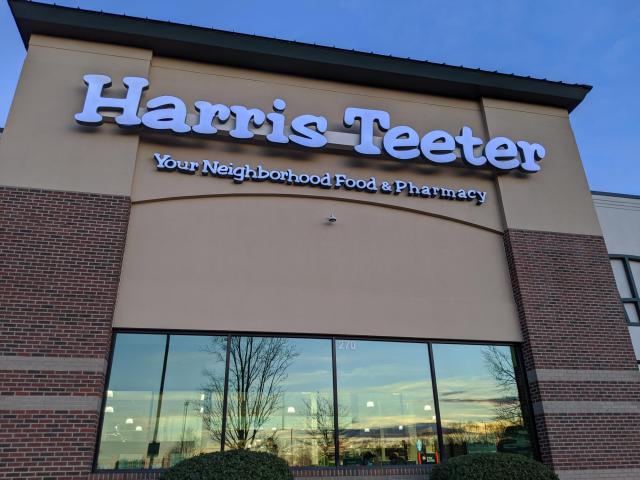ADVERTISEMENT
ADVERTISEMENT
Though the U.S. organic industry is getting a short-term boost from the coronavirus pandemic, the outbreak also creates both major challenges for the coming year and potential long-term gain, according to a new report.
The “Mercaris Special Report: 2020 COVID-19, U.S. Organic Commodity Market & Risks Outlook” was released April 15 by Ryan Koory, director of economics for Mercaris, which provides analysis and information on the organic market. Key findings of the report were presented online and available to the news media.
“COVID-19 is a social, political and economic event without a modern parallel,” Kerry said. “Monitoring risks, long-term sustainability planning and understanding just much uncertainty remains are all crucial for navigating the year to come.”
For now, the pandemic has increased interest in organic foods, in part because the closure of restaurants has led to more shopping at grocery stores where organic is sold, Koory said.
But by all accounts, the pandemic will hurt the U.S. enonomy and limit what consumers can spend. That’s particularly ominous for organic, he said.
ADVERTISEMENT
“Organic is a premium good,” or one that consumers will pay extra to buy. When times are tough economically, sales of premium goods inevitably fall, Koory said.
There’s too much uncertainty to predict exactly how consumer demand for organic ultimately will be affected. But with consumers going to restaurants less and grocery stores more often, “This does create the opportunity near-term to create a long-term consumer shift (in food purchases) into a positive for the organic food industry if organic foods can put themselves more squarely in front of consumers, ” Koory said.
Other key takeaways from the report:
ADVERTISEMENT
ADVERTISEMENT
ADVERTISEMENT



